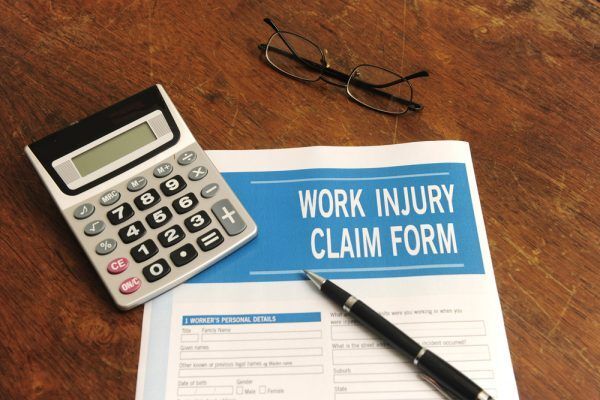The Rust Film Production’s fatality was not the only work injury of interest. Another worker sustained a work injury when they were bitten by a venomous brown recluse spider. This occurred when the production was shutting down. The spider’s bite contained poison. As a result, the crew member has been hospitalized and may require the amputation of an arm. The injury occurred “on location.”
It is reported that “a lamp operator and pipe rigger, was working to wind down production of the film after cinematographer … was fatally shot…, when he was bitten by a brown recluse spider – a venomous spider that is native to North America.” It was reported he “started experiencing severe symptoms, including necrosis of his arm, which occurs when cells die, and sepsis.” Dailymail.com
There are several unique issues with regard this work injury:
Where Should the Workers’ Compensation Claim Be Filed?
The location of where a work injury is to be filed is generally referred to as the venue. Workers’ Compensation for private employers is generally a state issue. Thus, when there is a “on location” injury, the question arises as to which state would be the proper venue. This is an issue which is heavily factual. Where the employee lives, where the contract was made, where the employer is located, and where the injury happened as are relevant. A careful legal analysis must be done to determine venue. There are times when multiple states may serve as a proper venue.
Who Pays the Medical Bills?
In the news reports, there was concern about the Injured Worker’s medical bills. In California Workers’ Compensation Law, the Employer is 100 percent liable for paying medical bills that are generated in accordance with the Labor Code. Thus, it is important that the claim be made.
Is There Anything Special Concerning the Nature of the Injury?
Yes. If an amputation is required in the matter, the Injured Worker’s period of temporary disability payments would be extended from 104 weeks to 240 week which must be within the period 5 years from the date of injury.
What If I Need Legal Advice?
If you would like a free consultation concerning any workers’ compensation case, please contact the Law Offices of Edward J. Singer, a Professional Law Corporation. They have been helping people in Central and Southern California deal with their worker’s compensation cases for 28 years. Contact us today for more information.

